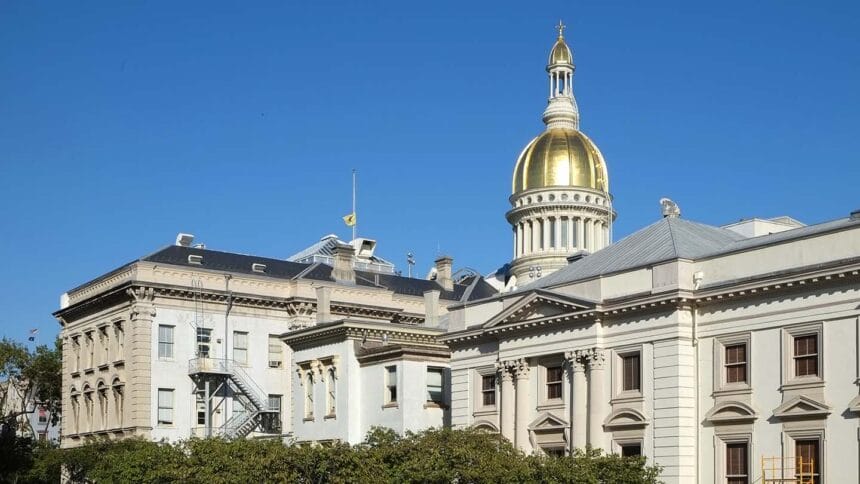
Nursing homes in New Jersey will have new opportunities for increased care quality incentive payments if a measure in the proposed state budget for fiscal year 2025 is approved. The proposal would nearly double the maximum payment — from the current $12.60 per resident per day to $23.25.
The proposal from Gov. Phil Murphy (D) focuses particularly on nursing home staffing levels — adding new benchmarks in that area to the existing Quality Incentive Payment Program. The three new categories nursing homes can earn incentives from are: total nursing hours, staff retention, and avoiding inappropriate weight loss.
Following the finalization of the Centers for Medicare & Medicaid Services’ federal staffing rule, providers across the nation have renewed calls for additional funding to help meet the new standard.
Other states, such as Ohio and Illinois, also offer nursing homes incentives for excellent care quality or upgrading facilities to offer more privacy and safety.
While the proposed New Jersey incentives may be a step in this direction, some sector leaders have expressed caution about how effective the measure may be at meeting providers’ needs.
Bonuses for 3.8 or more
Under the proposal, nursing homes would receive bonus payments if they are able to maintain staffing levels at 3.8 nursing hours per resident day, with added incentives as they work toward the maximum financial rewards for maintaining 4.1 HPRD.
Some worry that nursing homes will only be able to access the incentive funding if they invest even more resources than already required by the national staffing mandate, according to Jim McCracken, president and CEO of LeadingAge New Jersey & Delaware.
“New Jersey’s nursing homes will be faced with additional unfunded costs of $277 million to meet CMS’ 3.48 HPRD,” McCracken told McKnight’s Long-Term Care News Wednesday. “It is unclear to me how New Jersey’s nursing homes are going to be able to earn the QIPP incentive unless their facility assessment requires them to staff at that level. We are in favor of programs and incentives designed to improve resident outcomes and are advocating for achievable state and federal goals that are aligned.”
More incentives would be an appreciated step, said Andy Aronson, president and CEO of the Health Care Association of New Jersey, but more progress would be welcomed by the state’s nursing homes.
“Quality incentive payments can be an effective part of an overall Medicaid payment system, but those payments are not a substitute for fair and adequate base payment rates,” he told McKnight’s. “New Jersey is the only state in the US without a Medicaid payment methodology to set base Medicaid payment rates and many of New Jersey’s nursing homes will continue to struggle financially until such a methodology is developed and implemented.
State officials have praised the proposal for adding incentives to the 4.1 HPRD benchmark — which is seen as the gold standard for nursing home care by many policymakers since a CMS study recommended it in 2001.
“For decades, studies have shown that at least 4.1 hours of nursing assistance per resident per day are needed to meet residents’ care needs,” said Laurie Facciarossa Brewer, the state’s long-term care ombudsman in an announcement Tuesday. “This change to the QIPP makes it so much more meaningful and brings New Jersey more in line with what nursing home residents need and deserve.”
The New Jersey QIPP already offers incentives for achieving excellent care outcomes in areas such as avoiding pressure ulcers, falls, hospitalizations and excessive use of antipsychotic medications.





